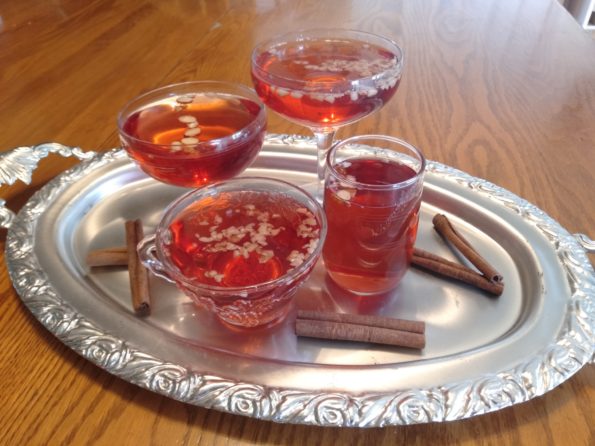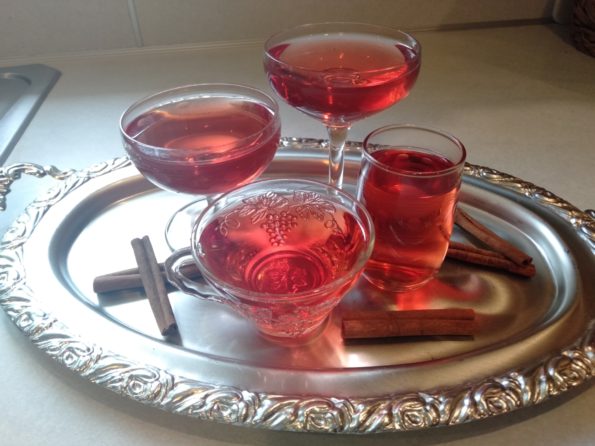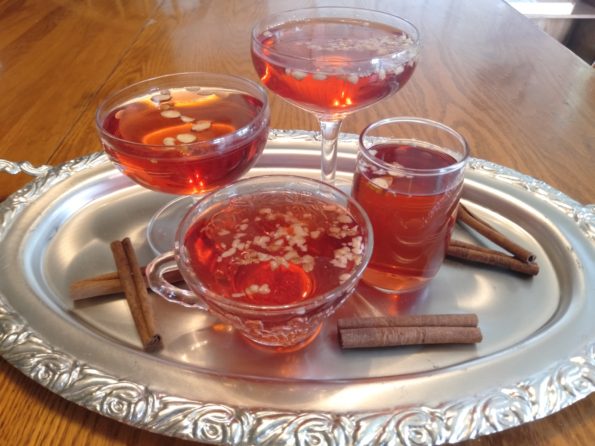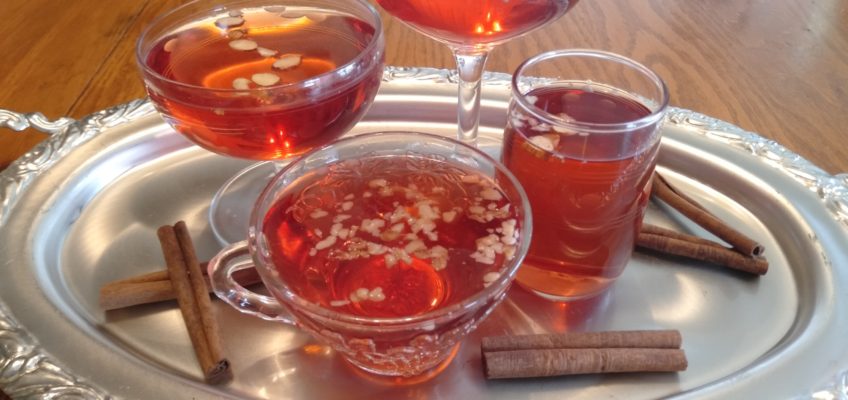Mom & Baby Traditions
 Babies bring joy and excitement, especially in Turkey where they are considered a blessing and they bring good fortune and abundance to the family! Hence, welcoming a baby is very important in Turkish culture. Young and old alike, both male and female, fawn over babies and ask to hold them. If you take your baby out for a stroll it won’t take long before a stranger comes and picks them right up or tweaks their cheeks. While enjoying dinner in a restaurant, don’t be surprised if the waiter holds your baby while you eat. When a mom with little ones steps on a bus, it is common for someone already sitting down to reach out their arms and offer to hold the little one during the ride.
Babies bring joy and excitement, especially in Turkey where they are considered a blessing and they bring good fortune and abundance to the family! Hence, welcoming a baby is very important in Turkish culture. Young and old alike, both male and female, fawn over babies and ask to hold them. If you take your baby out for a stroll it won’t take long before a stranger comes and picks them right up or tweaks their cheeks. While enjoying dinner in a restaurant, don’t be surprised if the waiter holds your baby while you eat. When a mom with little ones steps on a bus, it is common for someone already sitting down to reach out their arms and offer to hold the little one during the ride.
Turkish infatuation with babies starts well before birth, however. With modern technology it is common practice to find out the unborn baby’s gender through ultrasound. However, many age old traditions and superstitions about the baby’s gender are still alive and well. For example, if a pregnant woman is seen eating something sweet, people assume she will have a boy. If, however, she chooses to eat something bitter or sour, it is believed she will give birth to a girl. It is not uncommon for people, even strangers, to look at a pregnant woman’s belly and conclude if she will give birth to a boy or girl depending on the shape of her baby bump.
 While modern Turkish women give birth in hospitals with the latest technology to assist, several Ottoman traditions are still practiced. The first drink served to a mother after giving birth is a post-partum drink called Lohuşa Şerbeti. This is a red drink which is very sweet and spiced with cloves & cinnamon. Click here for the full recipe. This unique drink is thought to help to bring in the milk for new mothers. It is also believed that drinking Lohuşa Şerbeti improves the quality, taste, and smell of the milk for babies. This drink is believed to play an important role for new moms regaining their health after childbirth and for babies to grow healthy and strong.
While modern Turkish women give birth in hospitals with the latest technology to assist, several Ottoman traditions are still practiced. The first drink served to a mother after giving birth is a post-partum drink called Lohuşa Şerbeti. This is a red drink which is very sweet and spiced with cloves & cinnamon. Click here for the full recipe. This unique drink is thought to help to bring in the milk for new mothers. It is also believed that drinking Lohuşa Şerbeti improves the quality, taste, and smell of the milk for babies. This drink is believed to play an important role for new moms regaining their health after childbirth and for babies to grow healthy and strong.
During Ottoman times, spices and fruits were grown in the palace gardens under supervision of the palace pharmacists and doctors. After a new birth in the palace, Lohuşa Şerbeti would be prepared in pitchers and sent to relatives, close friends, and neighbors. A red ribbon would be tied to the pitcher if the new baby was a boy, a fine piece of red muslin would be tied around the mouth of the pitcher if the baby was a girl. Today, this special drink is prepared by the gallon and served in special glasses to those who come to visit the new mom and baby in their home during the first 40 days. Wait, 40 days?! Yes, traditionally the new mom and baby stay inside their home for the first 40 days after birth to prevent any sickness. During this time many relatives, friends and neighbors come to visit the mother and baby. Each guest is served a glass of Lohuşa Şerbeti, either hot or cold depending on the season, often along with some crushed walnuts, almonds or pine nuts. Although expectant Turkish mothers do not have a baby shower thrown for them, they more than make up for it after birth as friends and relatives come to visit and give gifts for 40 days! Prior to birth, the expectant mother will have prepared special treats for guests who come. This often includes chocolates, colored candies and a magnet with blue or pink tulle announcing the baby’s name and birth date.
 The baby’s umbilical cord is significant for Turks and isn’t simply tossed away. The cord is believed to influence the baby’s future. If parents desire for their child to be a devout Muslim when they grow up, they will most likely bury the umbilical cord in the garden of a mosque. If they wish for their baby to become a very educated person they may choose to bury the cord in the garden of a successful university.
The baby’s umbilical cord is significant for Turks and isn’t simply tossed away. The cord is believed to influence the baby’s future. If parents desire for their child to be a devout Muslim when they grow up, they will most likely bury the umbilical cord in the garden of a mosque. If they wish for their baby to become a very educated person they may choose to bury the cord in the garden of a successful university.
This is just a small picture of just a few of the traditions surrounding a new birth in Turkey. There are countless others that are practiced. But as always, there is special food – or in this case drink – served at any life event or celebration in Turkey!



Deb
This is such an interesting Story!
Sylvia Helser
Fascinating peek into Turkish life!
I am going to make up some of this Lohusa Serbeti and share this information. Thank you.
Sylvia Helser
Wheaton, Illinois, USA